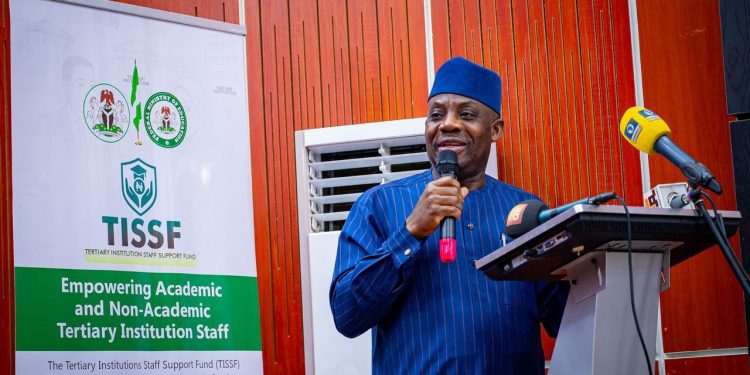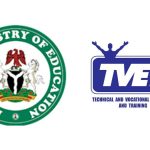The Federal Government has approved a new set of admission guidelines aimed at widening access to tertiary education for Nigerian students, offering a more flexible framework that is expected to absorb an additional 250,000 to 300,000 candidates each year.
The Federal Ministry of Education, through its spokesperson, confirmed the reform as part of efforts to democratise entry into universities, polytechnics and colleges of education. With millions of secondary school leavers competing annually for limited higher education slots, the revised guidelines are designed to reduce the number of out-of-school youth while supporting national goals for skills development, vocational training and economic inclusion.
Every year, over two million candidates sit for the Unified Tertiary Matriculation Examination, yet less than half secure admission, often due to rigid credit requirements rather than academic potential. The Ministry noted that many candidates miss admission over one or two missing subjects despite overall competence. The new admission policy seeks to break this cycle by easing blanket rules and aligning entry criteria with the specific missions of each institution type.
Under the National Guidelines for Entry Requirements approved by the government, tertiary institutions will now adopt differentiated standards. Universities will retain the requirement of five credit passes in relevant subjects, including English Language, but Mathematics will only be compulsory for science, technology and social science courses rather than across all disciplines. Polytechnics at the National Diploma level will now admit candidates with a minimum of four credits in relevant subjects, with English required for non-science programmes and Mathematics for science-based courses. Colleges of Education at the NCE level will also accept four credits, with subject requirements tailored to programme areas, while Bachelor of Education programmes will maintain a five-credit benchmark.
The reform marks a departure from the long-standing uniform five-credit policy enforced by regulatory bodies such as JAMB and the tertiary commissions, which made no distinction between academic and vocational pathways. By introducing flexibility, the Ministry seeks to reflect real-world academic diversity and encourage candidates pursuing technical and entrepreneurial fields, many of whom transition into MSME ownership and vocational professions after graduation.
In a related move, the government has abolished the National Innovation Diploma, formerly issued by Innovation Enterprise Academies. These institutions will now issue National Diploma certificates in line with standards of the National Board for Technical Education. The NBTE has begun re-accrediting these academies, warning that those failing to meet ND benchmarks risk de-accreditation. The change is aimed at ensuring graduates can progress academically and access broader employment opportunities without credential barriers.
The Ministry stressed that easing entry routes does not equate to lowering academic standards. Instead, it ties course entry to subject relevance, preserves core credit requirements for professional disciplines and introduces structured quality assurance through accreditation. The policy also supports national workforce needs by strengthening vocational and technical education pipelines that feed industries, startups and micro-enterprises.
For thousands of young Nigerians aspiring to higher learning or professional training, the reform offers a renewed chance at advancement. By reducing systemic bottlenecks, the government hopes to not only expand educational access but also drive long-term economic benefits, enabling more youths to gain the qualifications needed to participate in job creation, innovation and national development.










